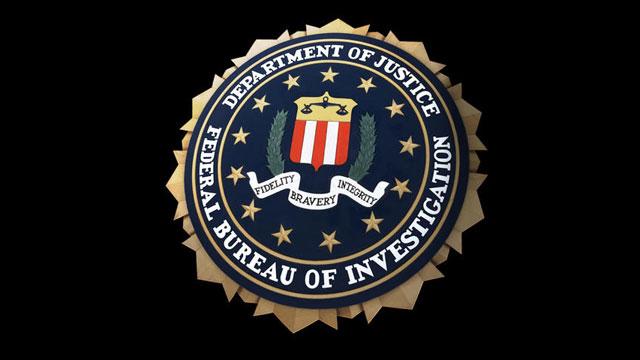On January 23, the U.S. Supreme Court issued three concurring opinions in U.S. versus Jones, two of which express strong concerns about government use of ostensibly public information about private citizens. As it turns out, the FBI hasn’t been idle either, and the Supreme Court’s worries aren’t at all theoretical. On January 19, the FBI posted a request for information (RFI) seeking contractors to build a social network monitoring system.
The stated purpose of this system is to monitor and prevent the planning of terror attacks; to do this, the system must have an automated search and scrape function for social networks like Facebook and Twitter. The system can also map alert levels for various threats. On a more frightening level, the system is also required to aggregate and monitor suspects’ locations, daily activities, and lifestyles; this data may be stored indefinitely. This is exactly the sort of thing the two Jones concurrences worried about. Certainly, such monitoring can have a chilling effect on free expression. The RFI specification of the monitoring of “publicly available” information, implying that information under private settings won’t be included in this, isn’t exactly reassuring. Information willingly shared with third parties may be considered publicly available – aside from sharing information with friends, many Facebook users allow third-party applications such as games access to their profile information. And social networks in general do not have a great record in terms of safeguarding user privacy.
Some other features specified by the RFI include allowing users to input new keywords for the automatic searches and immediate translation of foreign language tweets into English (one wonders if this will work out better than Google Translate).
The FBI’s position is that it’s using publicly available information – anyone sitting at their computer could have access to any of this. The Jones concurrences clearly express the problematic nature of increased intrusion into private lives such technology would make possible. Justice Scalia, in the majority opinion, chose to avoid this discussion altogether, relying instead on the eighteenth-century concept of trespass to chattel (an old timey sounding word that simply means movable personal property). But with technology-assisted government intrusion into privacy, affecting not just individual suspects like Jones, but every single citizen with an online presence, the Supreme Court – or the legislatures – have to find adequate ways to address these new concerns.


Comments are closed.